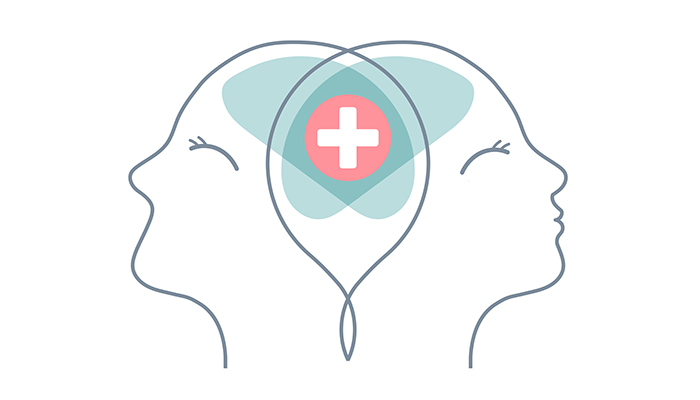Dementia
Talking about brain health
Are you concerned a loved one may have dementia? If so, be careful how you bring it up. It’s a scary subject! Before jumping to conclusions, gather some information. Ask family members and close friends what they have observed. Have others noticed changes? Think of the issue as one of “brain health.” Brains change as…
Read MoreLessons from theater improv
While there is no denying the hardships of Alzheimer’s and other dementias, a growing number of families are exploring innovative strategies for including lightness and laughter on the journey. One option is to steal a page from the theater arts—specifically, improvisational theater.
Read MoreWhat is MCI (Mild Cognitive Impairment)?
“Senior moments” are a normal part of aging. They happen to everyone. We just don’t process things as quickly as we did in younger years. Some people develop significant memory and thinking problems. These people are eventually unable to live safely on their own. Typically, they have a stroke or develop Alzheimer’s or Parkinson’s disease.…
Read MoreGenetic testing for Alzheimer’s
These days, most everyone is wondering if they are likely to develop Alzheimer’s disease. If someone in your immediate family has been diagnosed with the disease, you might feel at especially high risk. There is a test for an Alzheimer’s gene (APOE4). But it’s not 100% certain: Not everyone who has the APOE4 gene will…
Read More“Lie to my mom?”
Mom taught you to always tell the truth. But in the context of caring for someone with memory loss (dementia), honesty may not always be the best policy. There may be times when the kindest strategy—the one that reduces your loved one’s anxiety or fear—is to omit the truth or bend it a little. This…
Read MoreDistraction techniques
If the person you care for has a problem with memory loss (dementia), you may find that he or she gets agitated about things that don’t make sense. Your long-retired dad, for instance, may wake up in the mornings and insist, “I have to go to work!” It can be confusing for you. And frustrating!…
Read MoreKeeping your marbles: reducing dementia risk
If you have a relative with Alzheimer’s or one of many other dementia conditions, it’s natural to wonder about your own risk. While there is no cure as yet, there is increasing evidence that lifestyle changes in middle age may do a lot to delay the onset of memory loss. The plaques and tangles of…
Read MoreDementia: safety and independence
Everyone with a memory loss condition deserves the opportunity to stay engaged in life for as long as possible. Early in the disease, your loved one will continue to do many things quite well. Your challenge is to balance respect for your relative’s independence with the need to ensure safety. All this while preserving a…
Read MoreEmbarrassing Behaviors
What do you do when sweet Mom starts cursing angrily? When straitlaced Dad makes off-color remarks? In persons with dementia, these behaviors are not on purpose. They are caused by the brain changes of the disease. If you can’t find humor in the situation, draw on your patience. Believe it or not, your relative is doing…
Read MoreBathing and Dementia
Bathing brings many discomforts. Bathrooms can feel cold and drafty when a person is wet. And running water can be noisy. Nudity makes bathing very intimate, which can be distressing when a modest person needs help and may not recognize the helper. Plus, bathing is a complicated process with many steps in a specific order.…
Read More









